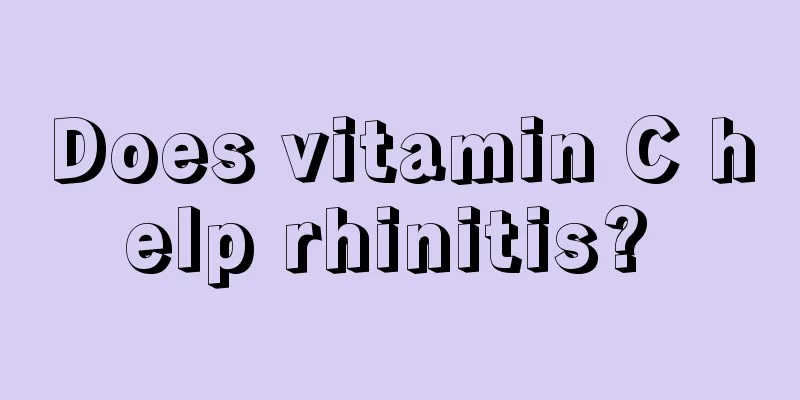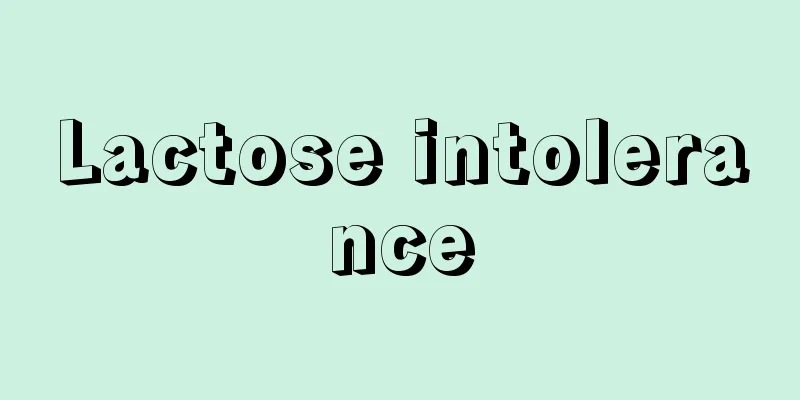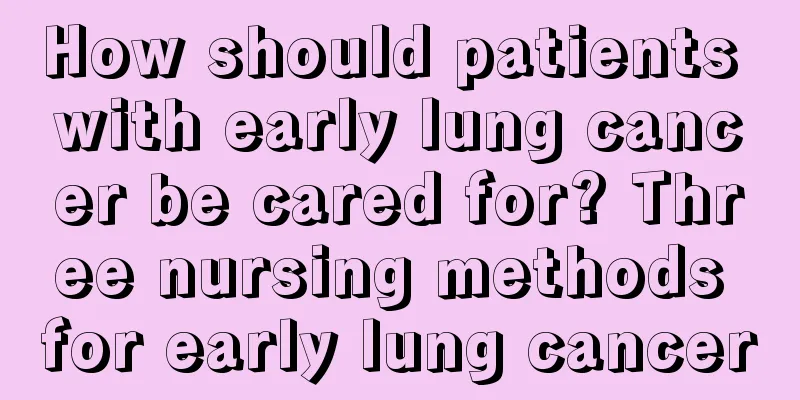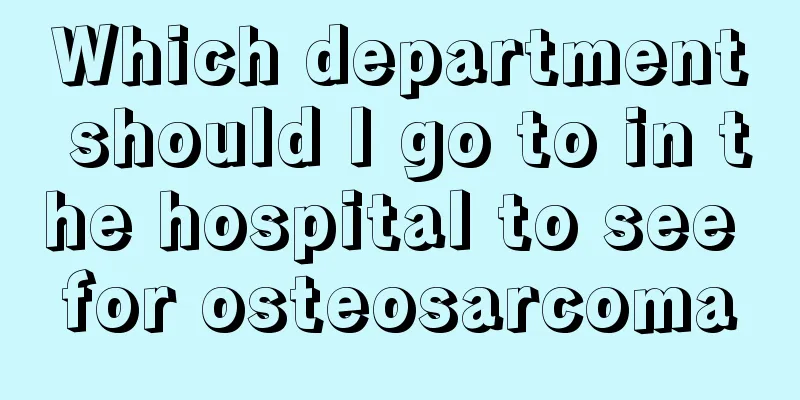What are the treatments for inferior wall myocardial ischemia

|
The treatment of inferior wall myocardial ischemia should focus on treatment and prevention in life. First of all, patients must quit smoking and drinking, and arrange their daily diet reasonably, pay attention to mood regulation, pay attention to drinking water regularly, and exercise appropriately. (1) Quit smoking and drinking. Nicotine in cigarettes can increase the fibrinogen in the blood, causing blood viscosity and increasing the incidence of myocardial ischemia. Too much ethanol can increase the heart's oxygen consumption and increase the heart's burden. (2) Eat a balanced diet, eat small meals frequently, eat less cholesterol-rich foods (egg yolks, butter, fatty meat, animal offal) and sugar, and eat more fresh vegetables and fruits. (3) Feeling happy and peaceful. When people are overly excited, their blood pressure may rise, myocardial contraction may increase, and myocardial ischemia and hypoxia may be aggravated. (4) Avoid lack of oxygen. The room should be ventilated frequently. If there is a long-term lack of oxygen supply, patients with coronary heart disease are prone to symptoms such as chest tightness, which will aggravate the degree of arteriosclerosis. (5) Drink water regularly. Patients with coronary heart disease, especially the elderly, have increased blood viscosity. Water can dilute the blood and promote blood flow, so it is important to develop the habit of drinking water regularly. (6) Avoid extreme cold and heat. Catching a cold can cause peripheral blood vessels to constrict and increase heart rate; in hot summer, the sympathetic nerves are easily excited, which can also increase the heart rate and increase the burden on the heart. (7) Appropriate exercise. Patients with myocardial ischemia must not only persist in exercising, but also strictly control the degree. Excessive exercise can easily lead to acute ischemia and hypoxia of the cardiovascular and cerebrovascular systems, and may cause acute myocardial infarction. (8) Always have medications to relieve angina pectoris and myocardial ischemia available for immediate use. If pain persists or cannot be relieved by medication, go to the nearest emergency room immediately. |
<<: Is carbon monoxide poisoning painful? The symptoms are like this
>>: Is bronchiectasis contagious?
Recommend
Chronic inflammatory stimulation can induce rectal cancer
Although the cause of colorectal cancer is not ve...
Women who smoke are more likely to develop bladder cancer. A comprehensive review of methods to prevent bladder cancer
There are many patients with bladder cancer in li...
What are the taboos after practicing Qigong?
In modern society, with the improvement of people...
How to check for ovarian cancer
The incidence of ovarian cancer ranks third in my...
What are the early diagnosis methods for ovarian tumors
Ovarian tumors are a very common disease in life,...
What medicine should I take for thoracic pain
When thoracic pain occurs, we should first look f...
How can I make my milk supply sufficient
For new mothers who have just given birth, the mo...
Beware of the incoming smog! 7 ways to purify the air around you
Recently, many regions in my country have been hi...
What are the prevention methods for lymphoma?
Lymphoma is a common malignant tumor originating ...
What is the reason for lemon yellow urine
People urinate every day, and generally speaking,...
Is the ultrasonic mite remover reliable?
Ultrasound is a high-tech product with powerful f...
What's wrong with my waist aching and my legs feeling sore and weak?
Physical and mental fatigue can cause big problem...
Pathological types of liver cancer
The pathological morphology of liver cancer can b...
Why should babies take cod liver oil
A baby's health is related to the happiness o...
What is gonococcal urethritis? It is so harmful
Gonococcal urethritis is an extremely common geni...









